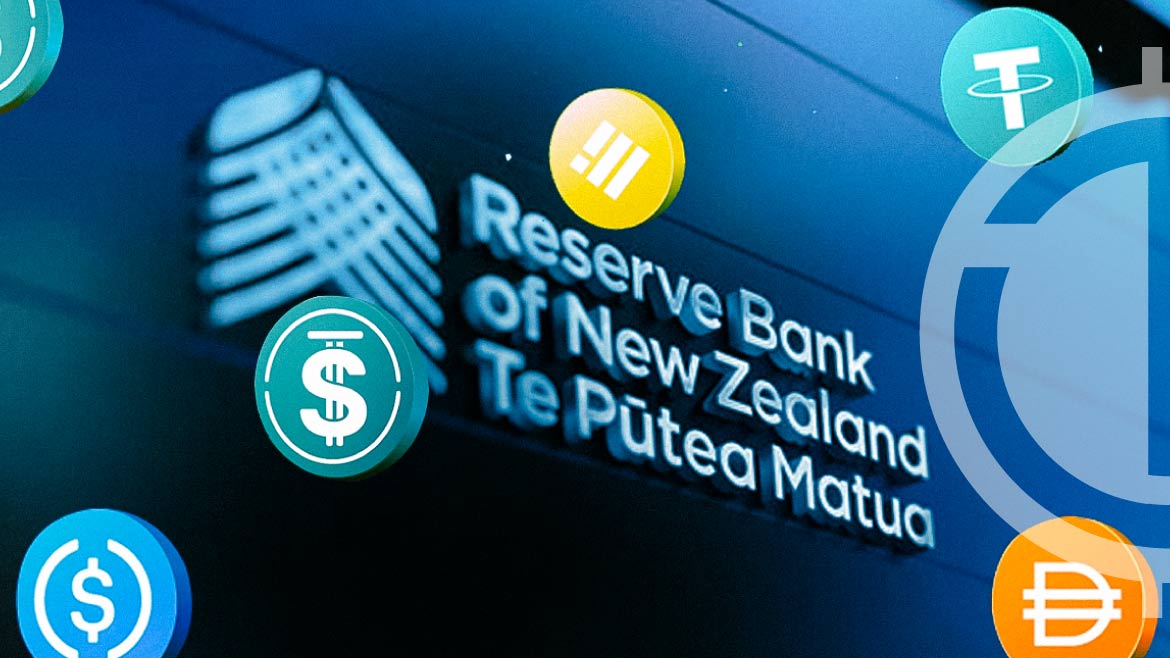Te Pūtea Matua, or The Reserve Bank of New Zealand, announced earlier today that it would ramp up the monitoring of stablecoins, crypto assets, and other crypto-related activities in the country. The decision came after a four-month-long consultation process that involved submissions from dozens of stakeholders.
According to a press release by the Reserve Bank of New Zealand, the input from stakeholders and the public led to the conclusion that new forms of private money, like crypto assets, might create new issues for the traditional financial system and the monetary sovereignty of the country. Ian Woolford, the Director of Money and Cash noted that there was a need for increased vigilance rather than increased regulation of the crypto market.
The previously held consultation process, titled “The Future of Money — Private Innovation”, saw participation from several stakeholders of crypto and TradFi, including Ripple, Bank of New Zealand, Westpac, and Blockchain NZ, a crypto advocacy group in the country. According to Woolford, the response from these parties indicated that crypto presented risks as well as opportunities.
In a statement, The Reserve Bank of New Zealand’s Ian Woolford noted:
Issues raised by crypto assets and other innovations do not fall neatly within agency boundaries. We agree that caution is needed, which also reinforces the need for enhanced data and monitoring to build understanding.
Woolford’s statement indicated that New Zealand was planning to see how crypto regulation in other economies played out before enforcing rules of its own. He added that the implementation of regulatory regimes like the Financial Market Infrastructure Act might have a significant impact on the crypto market.
The country’s central bank was convinced that what its crypto market needed was increased oversight. To that end, Woolford noted that his organization would work with the Council of Financial Regulators to engage with industry stakeholders and grow the financial ecosystem.












